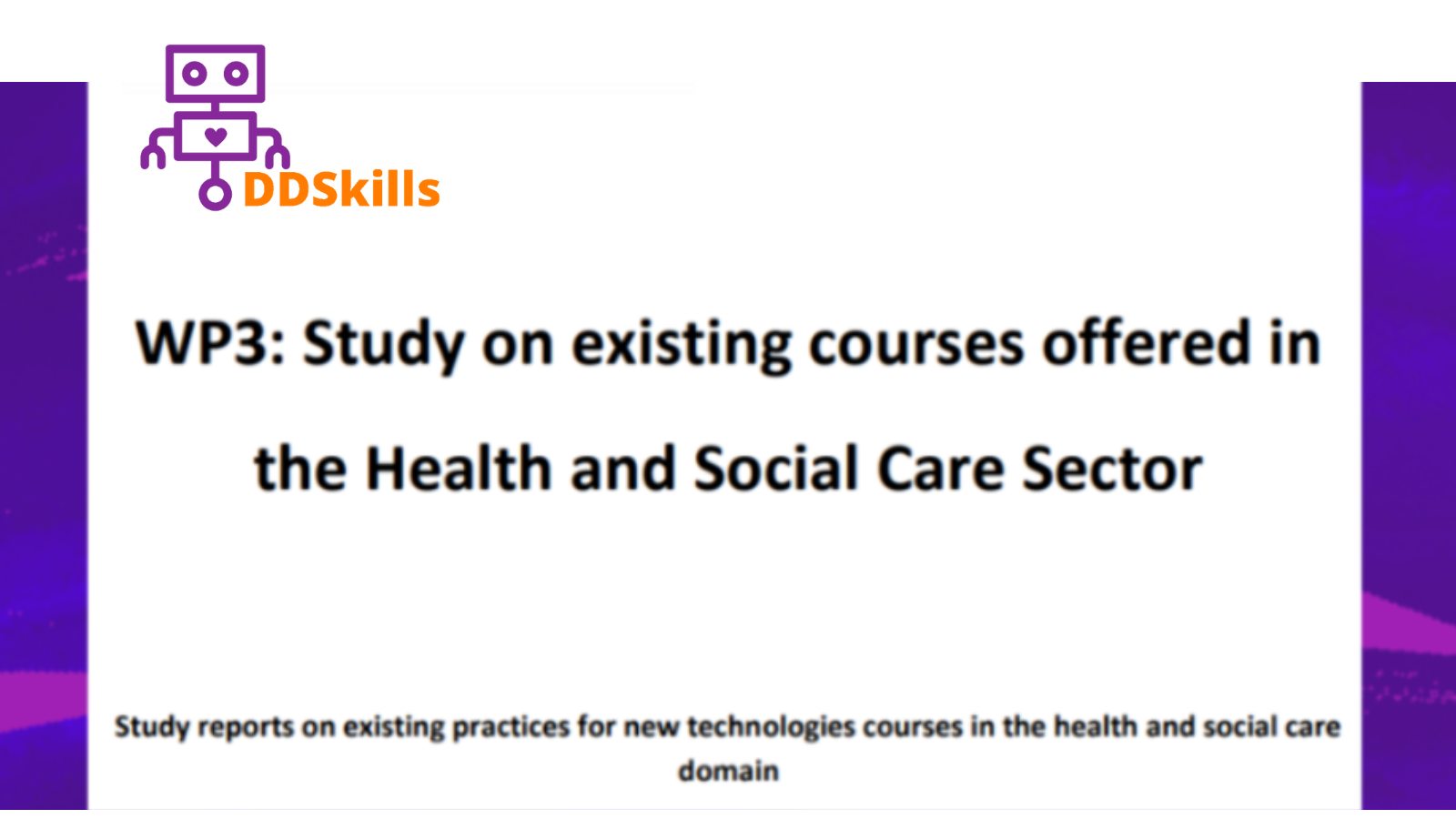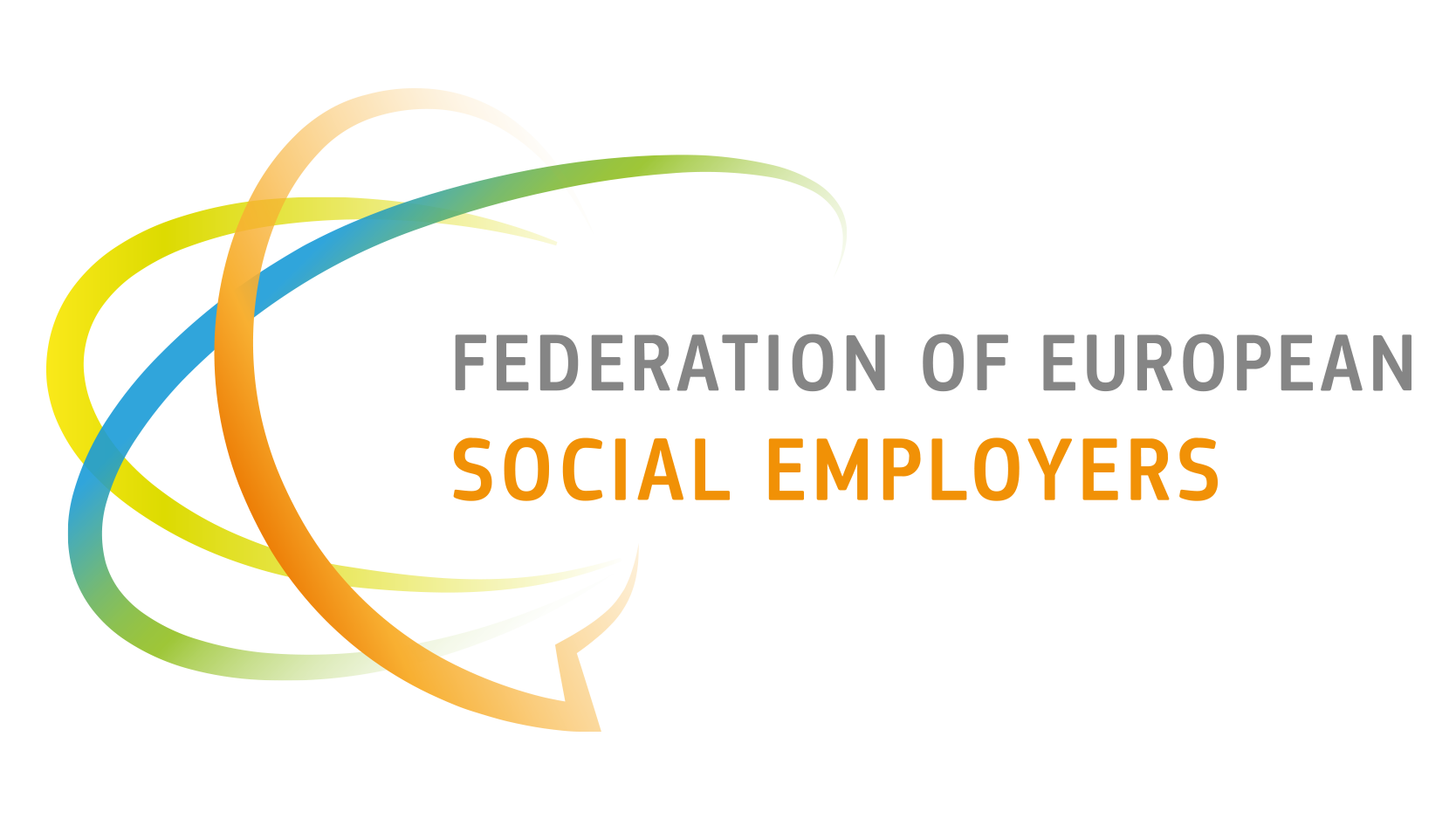DDSkills project: new report on existing practices for new technologies courses in the Health and Social Care Sectors

The report aims are to identify and evaluate existing courses for the development of digital skills in the health and social care domains.
The report has been developed in the framework of the DDSkills project aiming to develop training courses for digital skills of professional caregivers so they can make better use of new and emerging technologies and support persons with disabilities in the usage of such technologies for their social integration.
The study presents results on the availability, characteristics and demand of courses related to digital skills for the Health and Social Care Sectors in six countries: Italy, Greece, Cyprus, Germany, Ireland and Lithuania. The digital skill considered in this study are: robotics, Virtual Reality (VR) / Augmented Reality (AR), Smart Home, Ambient Assisted Living (AAL), eHealth, Assistive Technology/ Devices (AT), Augmentative and Alternative Communication (AAC), Brain-Computer Interface (BCI), Telemedicine, and Sensors. The methodology used for this report included a web research, a survey and a focus group.
The research lead in the six countries showed that overall, 91 courses are available on the topic. 32 courses were delivered online, 52 in the “face to face” modality and 8 in the blended learning modality. Moreover, the average duration of the courses, when specified, was 50.5 hours (±92 hours) with a maximum of 500 hours and a minimum of 1 hour.
Main messages from the report:
- The characteristics of digital skills courses vary across the countries represented in the research in terms of topics, professionals whom the courses were addressed to, and the targeted population.
- Most of the countries offer courses covering most of the digital skills considered in the study
- 52% of the courses were described as focused on Assistive Technology/ Devices (AT), while the topic “eHealth” and “Telemedicine” were reported in 26.6% of them.
- Most of the countries’ courses included different professions showing a multidisciplinary approach to the topic.
- Certain topics within the selected courses, including sensors and emerging technologies (VR, robotics, and BCI) are less frequent.
- There is a significant need to provide new knowledge, skills, and competences for professionals working with persons in need of care and support.
- Almost all participants declared to use digital tools/technology aids in their workplace. Around 70% affirmed to feel qualified enough to handle the technology aids they work with, even though more education and training on this topic are needed.
- Healthcare professionals working with people with different disabilities, showed a strong interest to learn and improve both knowledge and skills on digital tools/technology aids.
In conclusion, there is a need to develop vocational training programs which are better tailored to digital tools/technology aids, in order strengthen the educational curricula of healthcare and social care professionals.
Access to the full report, here.
